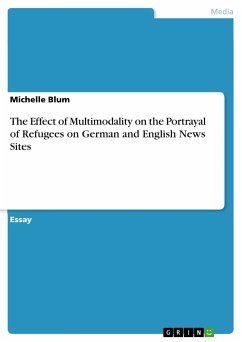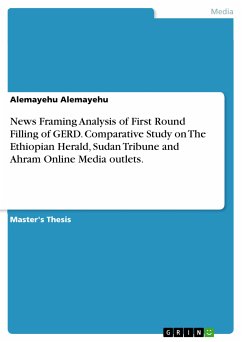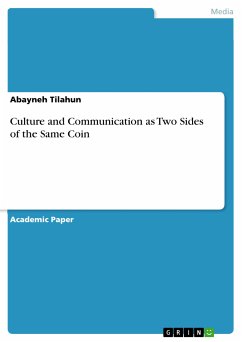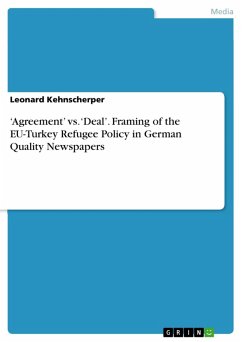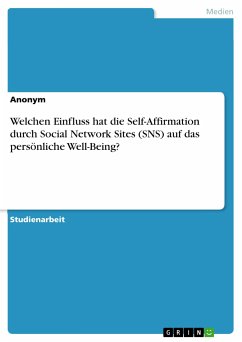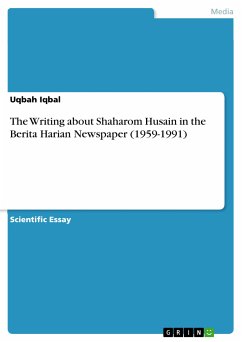Essay from the year 2018 in the subject Communications - Journalism, Journalism Professions, grade: 13, Justus-Liebig-University Giessen, language: English, abstract: This paper explores how a German and an English news website, Spiegel online and BBC online, respectively, present some of the actual people behind the term 'refugee': A Syrian family of seven and a lone Syrian man. Both have faced hardships, both have a similar cultural background and both want nothing more than to integrate into German society and "become German". In 2015, the already tense situation in many Arab countries, chief among them Syria, escalated. While many Syrians had already sought asylum in neighboring states such as Turkey and Jordan since 2011, when the Syrian Civil War first led people to flee their country, the vast refugee population in the neighboring countries eventually forced many to go elsewhere. At first, the refugees' predicament seemed solved: Many Europeans had a "Refugees Welcome" mentality, welcoming the new arrivals with open arms and hearts. This changed, however, with more and more people coming to the country and politicians seemingly at a loss on how to organize the situation. The circumstances for the new society members became difficult. They were disliked by many for the sheer fact that they were part of a different culture. A majority of the refugees lived in crowded refugee camps, bored out of their minds, often not allowed to work, out of money since having spent the last of it on the way to Germany. The media also could not decide how to portray refugees: Were they victims, perpetrators? As Chouliaraki put it, the news on the topic of refugees has been "a constant struggle of shifts and turns over the narration of refugees in news journalism".
Dieser Download kann aus rechtlichen Gründen nur mit Rechnungsadresse in A, B, BG, CY, CZ, D, DK, EW, E, FIN, F, GR, HR, H, IRL, I, LT, L, LR, M, NL, PL, P, R, S, SLO, SK ausgeliefert werden.

